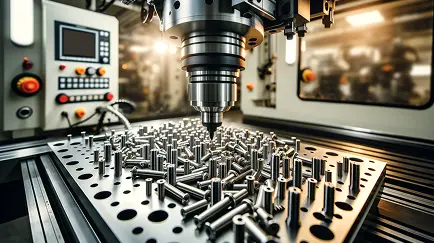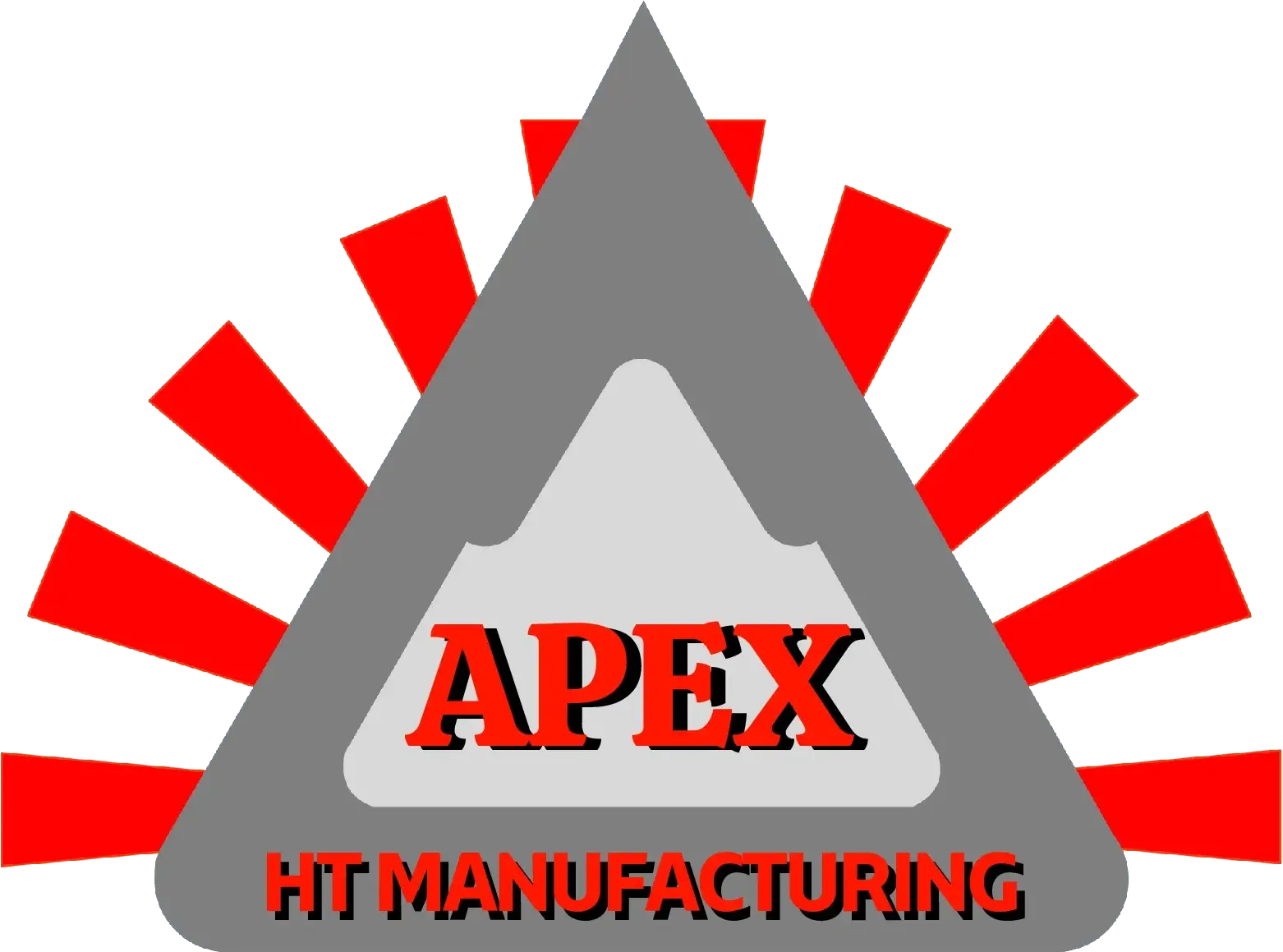
-
By admin
-
October 14, 2025
- 0 Comment
Precision Machining for Oil & Gas: How Santa Clara CNC Shops Support the Energy Sector
In the heart of Silicon Valley, Santa Clara is better known for semiconductors and tech startups—but it also hosts advanced CNC machining facilities that play a vital role in supporting the oil, gas, and energy industries. From upstream exploration to downstream processing, energy companies demand high-performance components able to endure extreme conditions, and CNC machine shops in Santa Clara are rising to the challenge.
The Energy Industry’s Demands on CNC Machining
Oil & gas equipment operates in harsh environments: high pressures, wide temperature swings, corrosive fluids, vibration, and demanding tolerances. Components such as valve bodies, flanges, couplings, drill collars, subsea connectors, and custom tooling must meet exacting standards, often under regulatory scrutiny (e.g. API, NACE). Materials can include stainless steels, duplex/superduplex alloys, Inconel, titanium, and other exotic metals, each demanding precision machining and tight control over heat treatments and residual stresses.
Furthermore, energy projects often move on compressed timelines. Whether repairing a downhole tool or ramping production capacity, time is money. Local machining in Santa Clara can help cut lead times and simplify logistical challenges, especially for prototypes or small to medium batch runs.
Santa Clara’s CNC Resource Landscape for Energy
One key local provider is Machining Inc., which explicitly notes that it serves the oil & gas industry among its core verticals. They offer precision milling, turning, prototyping, and production machining services, positioning themselves to support both small and large projects under demanding tolerances.
Another established shop is Machining Inc., serving the Santa Clara area with vertical and 5-axis milling, welding, and precision inspection services. Their ISO 9001:2015 certification underlines their commitment to quality systems, which is crucial when working for regulated industries like energy and oil & gas.
Also, Owens Industries operates a machining facility in Santa Clara that supports energy, among other sectors like aerospace and defense. They provide advanced capabilities such as 5-axis milling, Swiss machining, wire EDM, and precision micromachining—tools in high demand for complex energy parts.
Local machine shops such as Manufacturing also contribute, offering milling, turning, grinding, wire EDM and close-tolerance work. Their proximity to the Bay Area energy and industrial ecosystem helps reduce transport times and enables tighter feedback loops between engineers and machinists.
For broader regional support, Advanced Tech Machining in San Jose / the Bay Area markets services for the oil & gas sector, including parts for drilling, exploration, and production. They cover Silicon Valley, including Santa Clara, effectively bridging local demand with regional capacity.
Competitive Advantages & Strategic Positioning
- Reduced Lead Time & Agility: Compared to outsourcing to distant or offshore shops, having CNC capabilities nearby in Santa Clara enables faster iterations, more responsive design changes, and shorter shipping times.
- Tight Tolerance & Specialty Alloys: Local shops are geared to handle exotic materials and maintain tight tolerances—critical for reliability in energy systems.
- Integrated Engineering Collaboration: Tech firms in the region, including those working on energy technologies, can collaborate more directly with machinists, enabling design for manufacturability and rapid prototyping.
- Quality & Compliance: Shops with certifications (ISO, control systems, documentation) hold an advantage in capturing contracts in regulated sectors like oil & gas.
- Small to Mid-Batch Focus: Many energy projects or repairs require small runs rather than mass volumes—local CNC shops can serve that niche effectively.
Challenges & Future Trends
Despite advantages, local shops face challenges: maintaining the capital equipment needed for exotic materials, hiring skilled machinists, and justifying investment in automation or additive hybrid solutions. As energy transitions accelerate, shops that combine traditional CNC with additive metal 3D printing, hybrid subtractive + additive workflows, smart machining (IIoT sensors, predictive maintenance), and sustainable practices will be better positioned.
